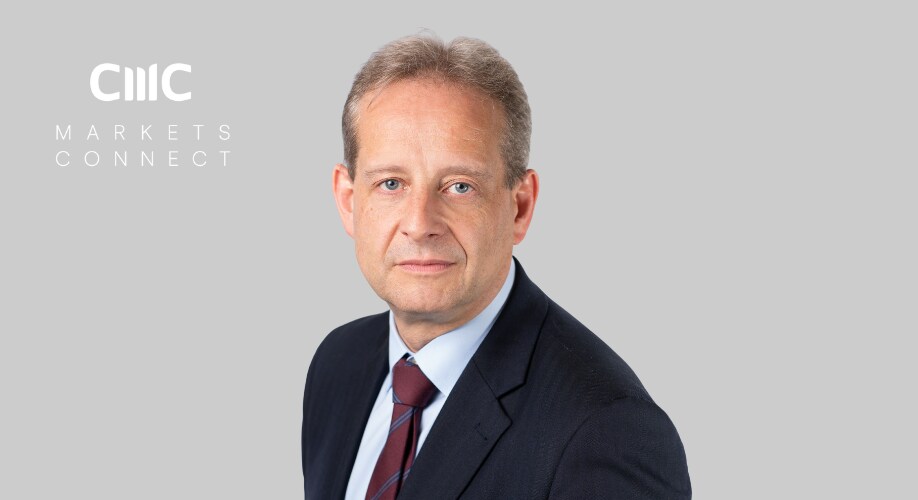Can you outline the industry trends which have been driving growth and development within your firm over the past year?
We have seen a growing need from institutional counterparties who want to work with a single service provider across multiple assets and instrument types. This appears to have been driven by factors including a better understanding of value, with counterparties more than happy to pay for quality customer service rather than just focusing on headline price. And in a sector where risk controls are ever more important, performing a single set of due diligence checks then having a unified reporting structure is again a key USP. Institutions increasingly want to work on a one-stop-shop basis.
How have client needs and demands changed what has your response been in terms of your service offering?
The last few years have seen a significant uptick in demand for trading physical equities with many new arrivals joining the market. The number of providers offering access here has grown rapidly and clients have made it clear that they are willing to pay a premium to receive a quality service when it comes to this asset class. On exchange products are significantly more complex and as such more costly to manage than their over-the-counter equivalents. To respond to the demand here, we’re ramping up both the number of equities we offer and the range of markets we quote from, all of which can be delivered to institutional clients via a white label solution or across an API feed.
Have you observed regional differences in client demand? What is driving these?
The regional differences tend to be rather nuanced given the global nature of this market, although a couple of stand out factors are in play right now. In the wake of the COVID pandemic, there has been a notable reorganisation of the way financial business is undertaken in South East Asia, with work gravitating towards Singapore and to a lesser extent Tokyo, too. Clients are using this as a catalyst to revisit existing working relationships, something that we’re seeing play towards their overarching strategy to access multi-asset liquidity via a single connection. We’re also noticing an exponential increase in demand from institutions in the Middle East, with the region gaining traction now that most working weeks are aligned with those in the rest of the world and local operators look to broaden their asset universe beyond the legacy set of oil, gold and major FX pairs.
What is your outlook for the hedge fund space for the coming year and how is your firm best placed to support clients navigate the environment?
We’re noticing a real requirement especially amongst proto hedge funds who are demanding this multi-asset accessibility. Investors in these funds are well aware that traditional valuation models are looking overblown after a decade and a half of ultra lax monetary policy, and whilst we’re now seeing the start of a normalisation of interest rates, those managing money are more likely to be demanding flexibility as to how they deploy those assets today than we’ve ever seen.
Could any shift or change influence the potential growth in the industry?
We see evolution all the time and it’s our responsibility as a provider of both liquidity and execution solutions to ensure we can respond here quickly and efficiently. Time and again it has been laid bare that there’s always a workable outcome to be had, but in 2023 perhaps the biggest risk here comes from alternative assets. We need to include Cryptos in that cohort as a consequence of there being no single centralised market to derive valuations from and given there’s a more aggressive regulatory narrative emerging against the asset class then that’s something to watch – although it’s unlikely to be of any long term consequence to investors, with issuers of coins and tokens, plus ‘exchange’ operators far more likely to be left exposed.



